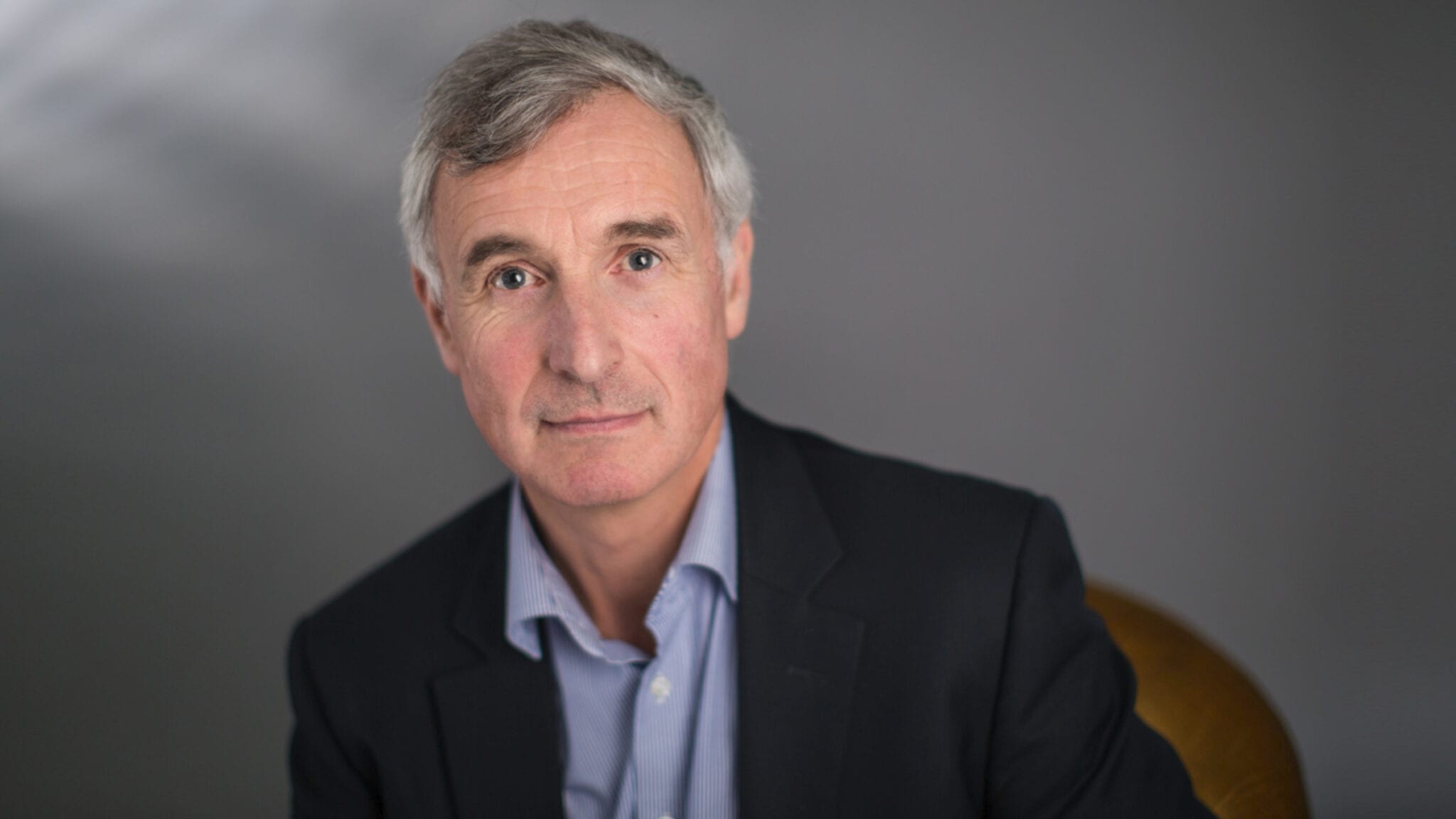
ADC Therapeutics nabs its first approval as FDA offers a quick OK for its DLBCL cancer treatment
The FDA won’t be waiting around for the PDUFA date for its latest OK on the cancer front.
Regulators came through with an accelerated approval for ADC Therapeutics’ loncastuximab tesirine-lpyl as a third-line therapy for diffuse large B-cell lymphoma, which was basically a shoe-in looking for an OK in drug resistant patients with a priority review attached to the application.
This CD-19 antibody drug conjugate will now be sold as Zynlonta.
Unlock this article instantly by becoming a free subscriber.
You’ll get access to free articles each month, plus you can customize what newsletters get delivered to your inbox each week, including breaking news.